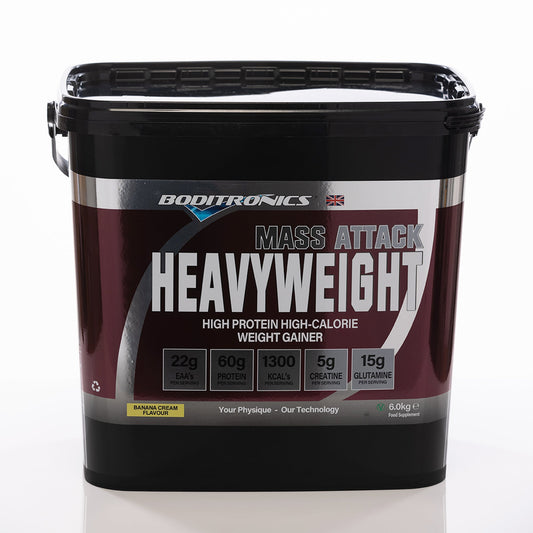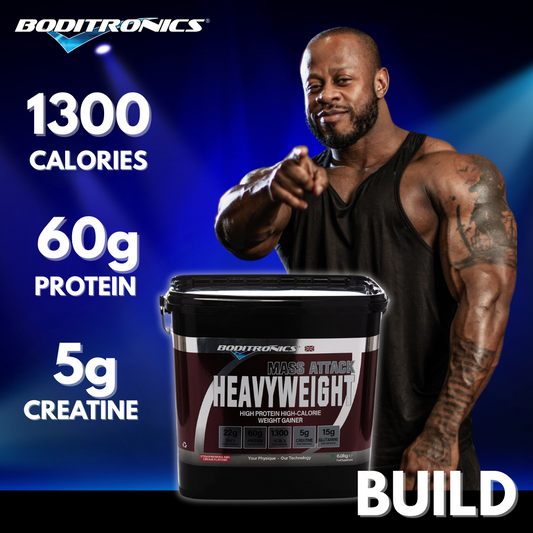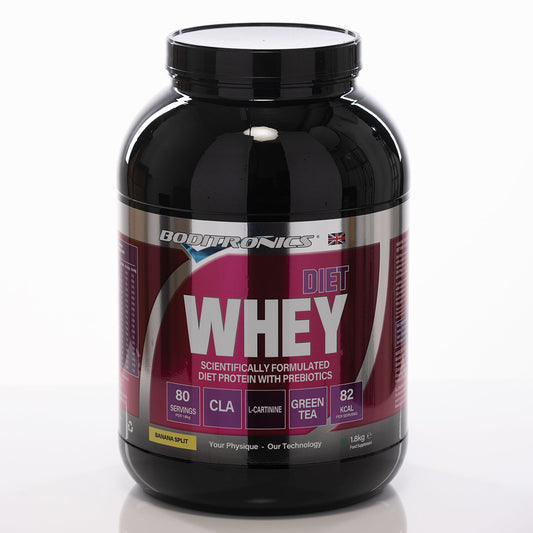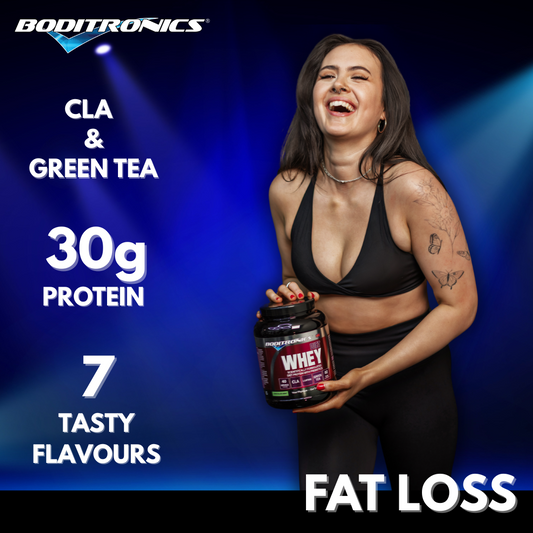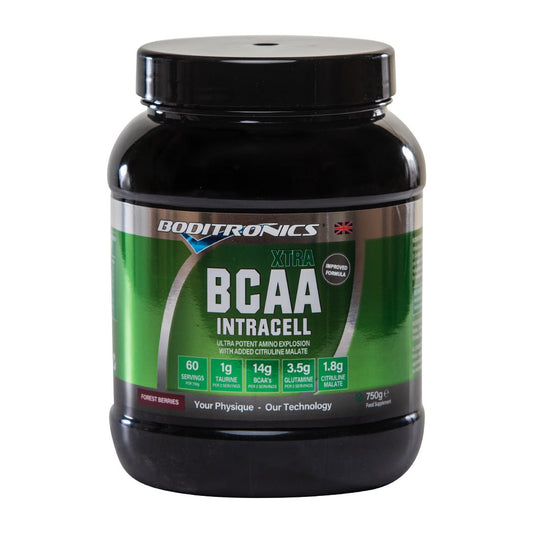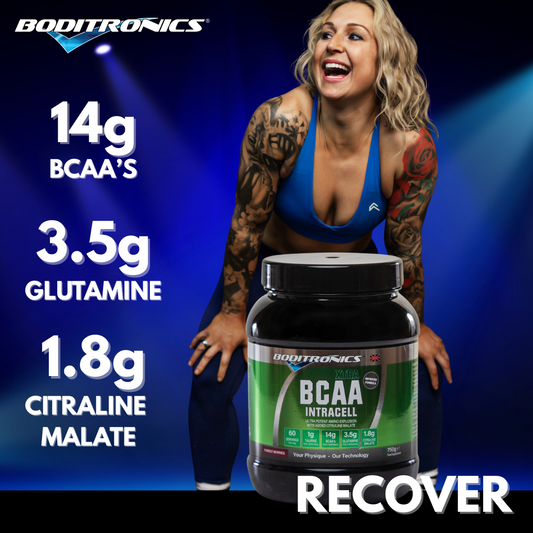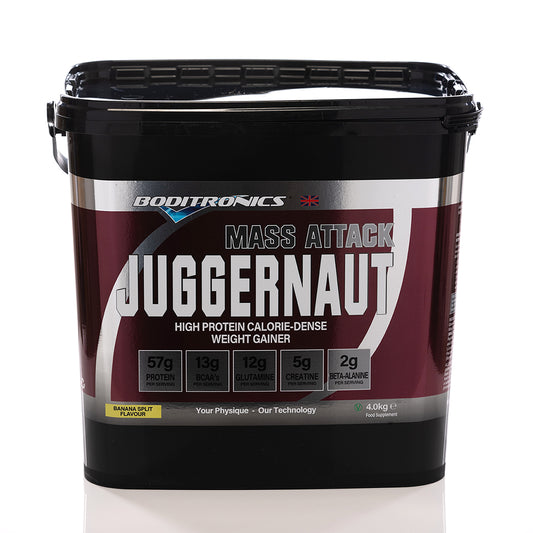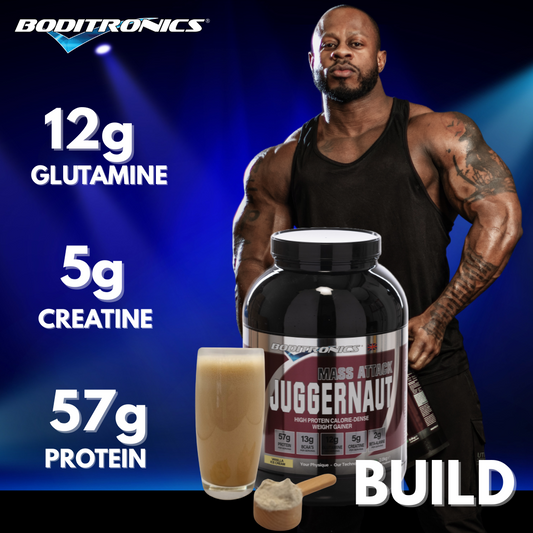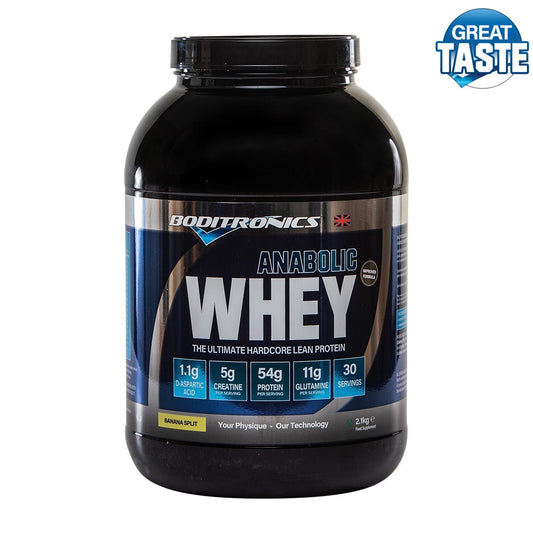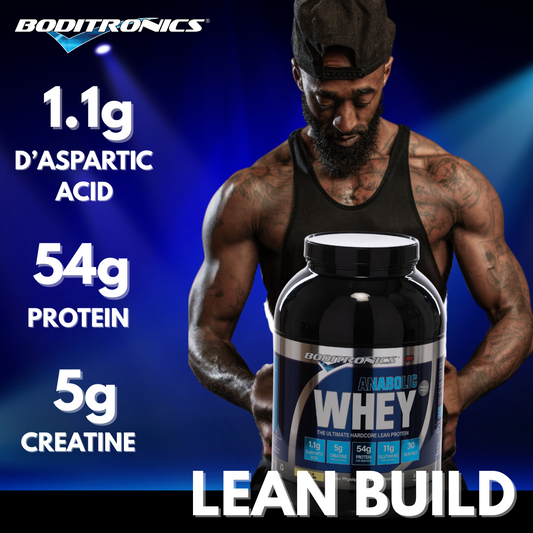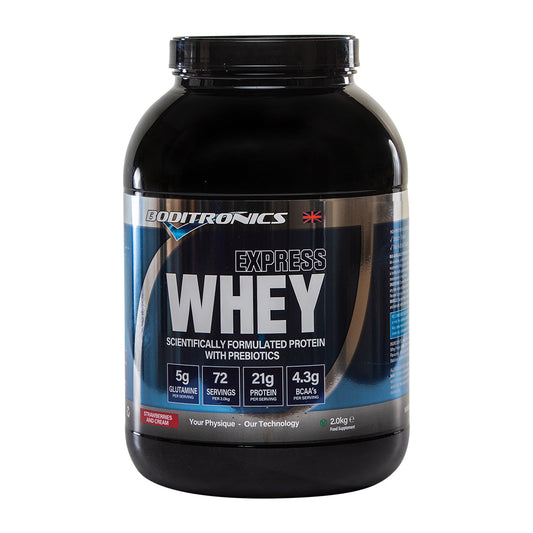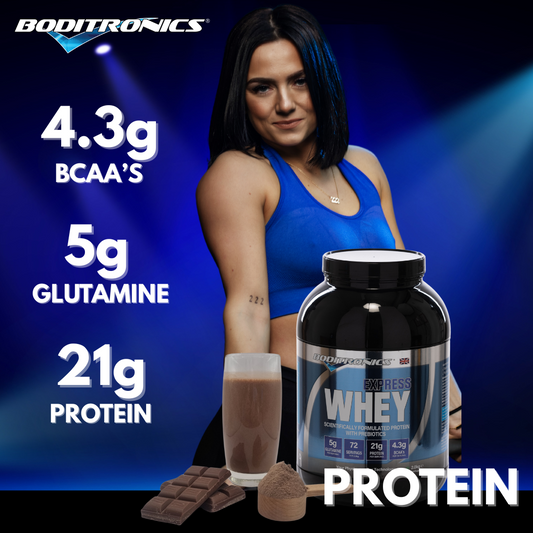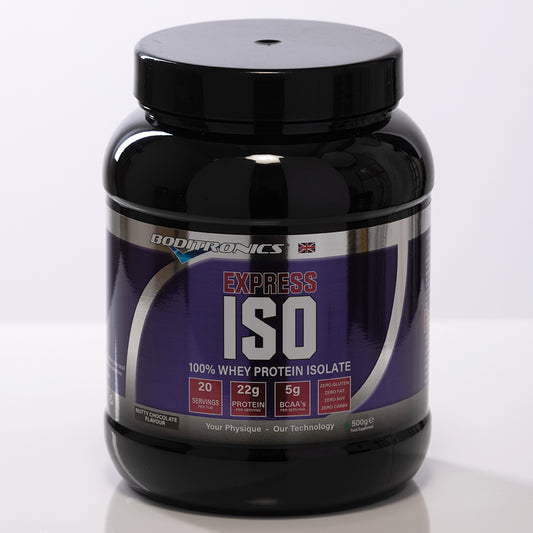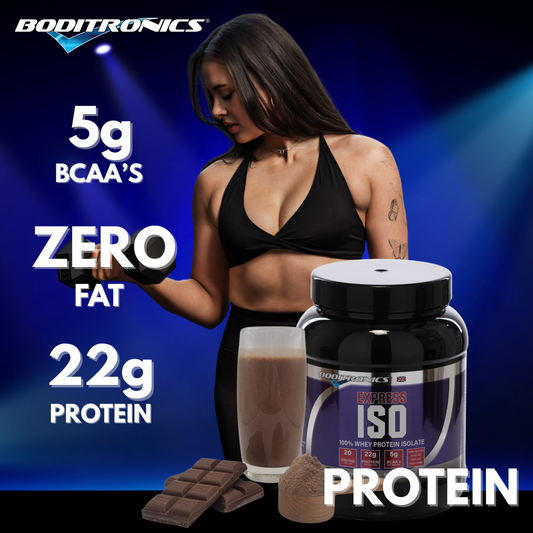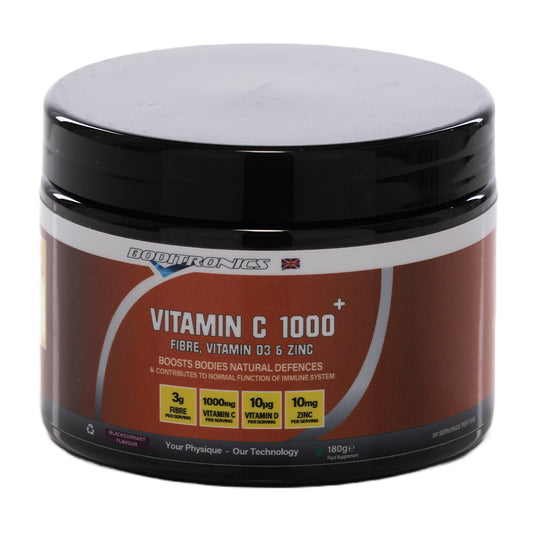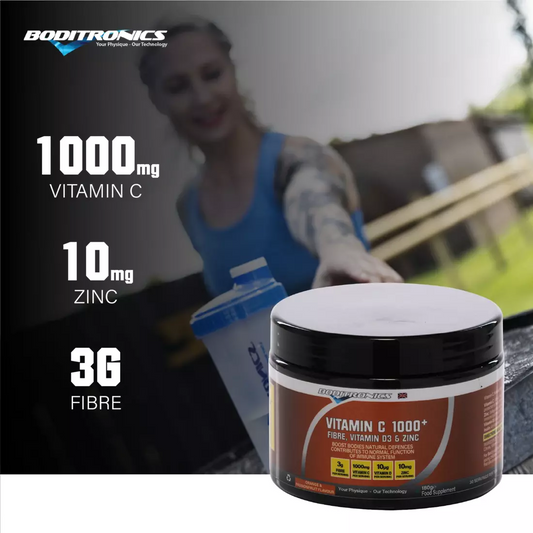Collagen Supplements have gained significant popularity in recent years due to their purported health benefits and potential to improve skin health, joint function, and overall well-being. Collagen, a protein abundant in the body, is responsible for providing structure to the skin, bones, muscles, tendons, and ligaments. As we age, our natural production decreases, leading to signs of ageing such as wrinkles, joint stiffness, and decreased muscle mass.
Let's talk about the obvious: The skin ageing
Supplements are often touted for their ability to enhance skin elasticity, hydration, and overall appearance. Studies suggest that collagen supplementation can help reduce wrinkles, increase skin hydration, and improve skin elasticity, resulting in a more youthful complexion.

What about joint health?
Healthy collagen production is a major component of cartilage, the tissue that cushions and protects joints. Taking collagen supplements to boost your natural levels, may help reduce joint pain and stiffness associated with conditions such as osteoarthritis. Some research indicates that supplementing with collagen may promote healthy joints by supporting cartilage regeneration and reducing inflammation.
Benefits for bone health.
Collagen provides structure to bones and helps maintain their strength and density. Studies suggest that supplementing collagen may improve bone mineral density and reduce the risk of osteoporosis, especially in postmenopausal women.

Does it have any emphasis on my muscles?
Collagen plays a role in muscle function and repair. Supplementing with collagen may help preserve lean muscle, improve muscle strength, and support recovery after exercise. This can be particularly beneficial for athletes and older adults looking to maintain muscle health and mobility.
So why would I take a collagen supplement and how exactly does it work?
Collagen, often described as the body's "glue," is a crucial protein present in various tissues like skin, bones, and muscles. With ageing, collagen production declines, leading to visible signs like wrinkles and decreased joint flexibility. Its importance lies in the amino acids it contains, acting as building blocks for tissue repair and regeneration. Specifically, it forms a significant part of connective tissue, providing structural support throughout the body. Supplements, commonly available in forms like oral collagen supplements or collagen peptides, aim to replenish declining collagen levels. These supplements contain hydrolyzed collagen, broken down into smaller, absorbable molecules. This facilitates easy transportation to different body parts, aiding in repair and strengthening processes.
Do I still need to take Vitamin C?
This is essential in this context as it supports the production of collagen and absorption, complementing the effects of collagen supplements. While these supplements hold promise in enhancing skin appearance, reducing joint discomfort, and promoting overall health, they're just one aspect of a holistic approach. Combining them with a balanced diet, hydration, exercise, and skincare practices ensures comprehensive well-being and optimized collagen function.

What can I do to improve skin collagen loss to slow the signs of ageing?
To combat the effects of ageing due to collagen loss in your skin, you can adopt some straightforward strategies. Start by paying attention to what you eat. A balanced diet rich in fruits, veggies, lean proteins, and healthy fats provides essential nutrients that support the natural production of collagen. If you feel like you are not getting enough nutrients through food, consider Collagen supplementation.
Keeping your skin hydrated is crucial.
Drink plenty of water throughout the day to maintain skin moisture, which can help reduce the appearance of wrinkles and fine lines. Additionally, protect your skin from the sun's harmful rays by wearing sunscreen daily.
Lifestyle habits matter too.
Avoid smoking and excessive alcohol consumption, as they can damage collagen fibres and accelerate ageing. Instead, opt for a healthy lifestyle that promotes collagen preservation.
When it comes to skincare, choose products with ingredients known to boost the production of collagen , like most collagen supplements, retinol, vitaminC, peptides, and hyaluronic acid.
Lastly, consider consulting a healthcare professional about collagen supplements. While they're not a magic solution, they may complement your efforts in preserving collagen levels and promoting skin health. By combining these strategies, you can effectively slow down the signs of ageing and maintain youthful-looking skin for longer.
Healthy Lifestyle Habits That May Help
Maintaining healthy levels is a vital protein in our bodies, acting as a structural support system for various tissues, including skin, bones, muscles, and tendons. It essentially helps maintain the strength, elasticity, and integrity of these tissues, contributing to overall health and function.
This protein is made up of amino acids, particularly glycine, proline, and hydroxyproline, which are essential for the production of collagen. While our bodies naturally produce it, its production declines with age, leading to visible signs of ageing such as wrinkles, sagging skin, and joint stiffness.
How do I support my body in creating it naturally?
To support production, it's important to consume foods rich in collagen-boosting nutrients. This includes sources like citrus-type fruits, which are high in vitamin C—a crucial component for collagen formation. Additionally, foods like bone broth, pork skin, and gelatin contain collagen or its building blocks, aiding in collagen replenishment.
What Types of collagen are there?
As for types of collagen, there are several, but the most abundant types in the human body are types I, II, and III. Type I collagen is prevalent in human skin, bones, and tendons, while type II collagen found is in cartilage. Type III collagen is often found alongside type I, providing structural support (collagen fibres) in tissues like skin and blood vessels
What are examples of collagen rich foods?

While your body produces collagen naturally, consuming foods rich in collagen or nutrients that help the production of collagen may help maintain healthy levels. Here are some examples of foods that are rich in/ support production:
Bone Broth: Made by simmering animal bones and connective tissue, bone broth is one of the richest sources of collagen.
Fish: Especially fish with edible bones like salmon, sardines, and mackerel. These also contain important collagen-building nutrients like omega-3 fatty acids.
Chicken: Chicken skin and bones are great sources of collagen-rich food.
Beef: Especially cuts with higher collagen content like chuck roast or cuts with connective tissue like oxtail.
Eggs: Particularly the egg whites which contain proline, an amino acid that is important for collagen formation.
Leafy Greens Vegetables like spinach, kale, and Swiss chard are rich in vitamin C, which is essential for production.
Citrus Fruits: Oranges, lemons, and other citrus-type fruits are high in vitamin C, which helps in collagen formation.
Berries: Strawberries, blueberries, and blackberries are rich in antioxidants that help production.
- Garlic: Contains sulfur, which is necessary for collagen synthesis.
- Bell Peppers: Especially red and yellow bell peppers, which are high in vitamin C and other antioxidants. it.
About the Author:
Frankie Copley boasts an impressive 17-year tenure within the dynamic realm of Nutrition and Fitness. Her journey has been a testament to her unwavering dedication, evolving from a Bodybuilder to conquering Duathlons (securing 2nd and 3rd places overall), mastering Triathlons (ranking within the top 10 in her age group), and embarking on numerous Half Marathons and a full Marathon. Currently immersing herself in the world of CrossFit, Frankie's passion for fitness knows no bounds.
Throughout her athletic endeavours, Frankie has navigated diverse supplement regimens and dietary requirements tailored to each sport. Not content with personal achievement alone, she channels her expertise as both a personal trainer and nutritional therapist, guiding others on their wellness journeys.
What fascinates Frankie most is the unique interplay between individuals and nutrition, recognizing that a singular approach doesn't suffice for everyone. For her, the cornerstone of any effective nutritional strategy lies in empowering individuals with accessible knowledge, equipping them with the discernment to make informed dietary choices irrespective of their athletic pursuits. She firmly believes that making nutrition transparent will give them a better chance to make informed decisions, but that if they become stuck all they have to do is ask!
